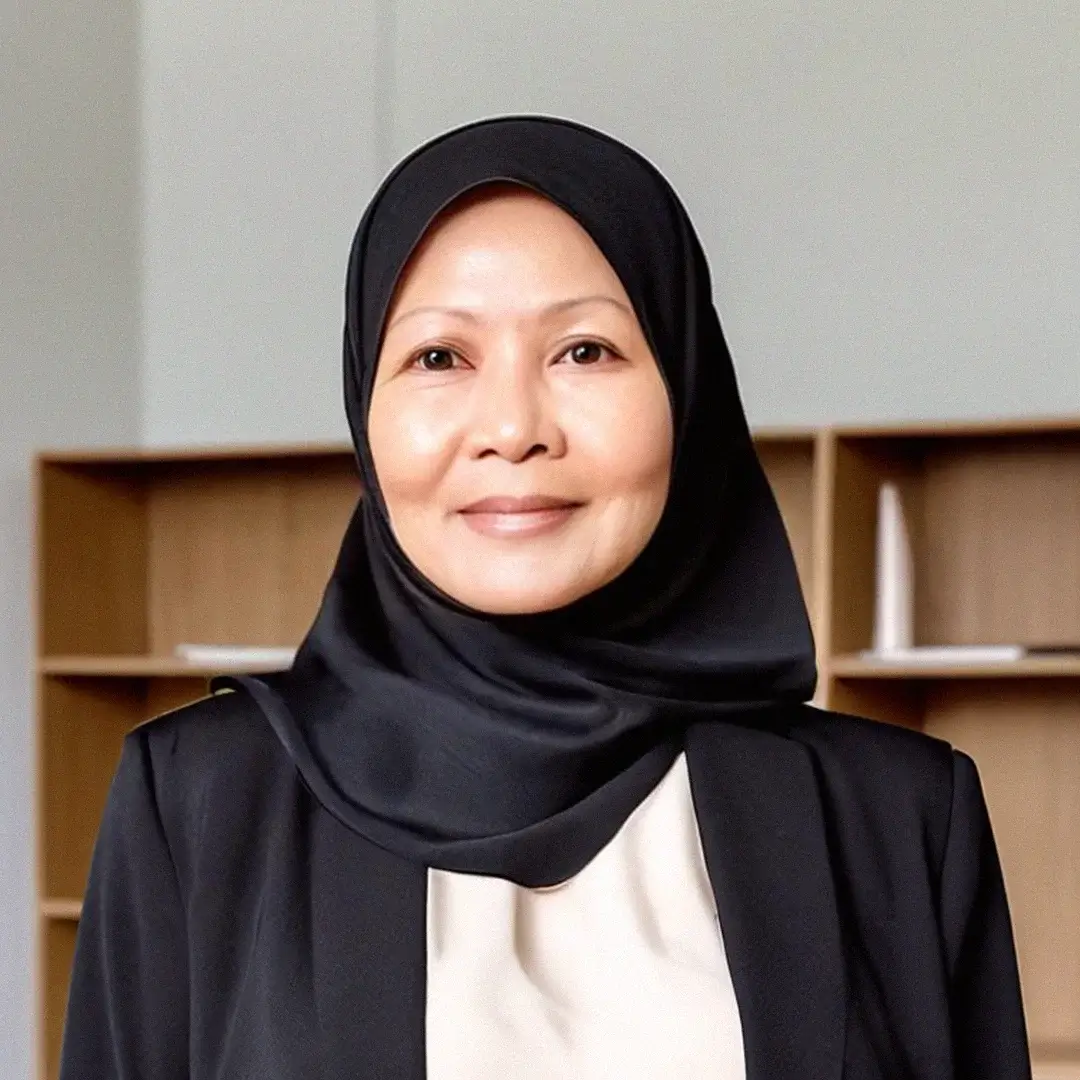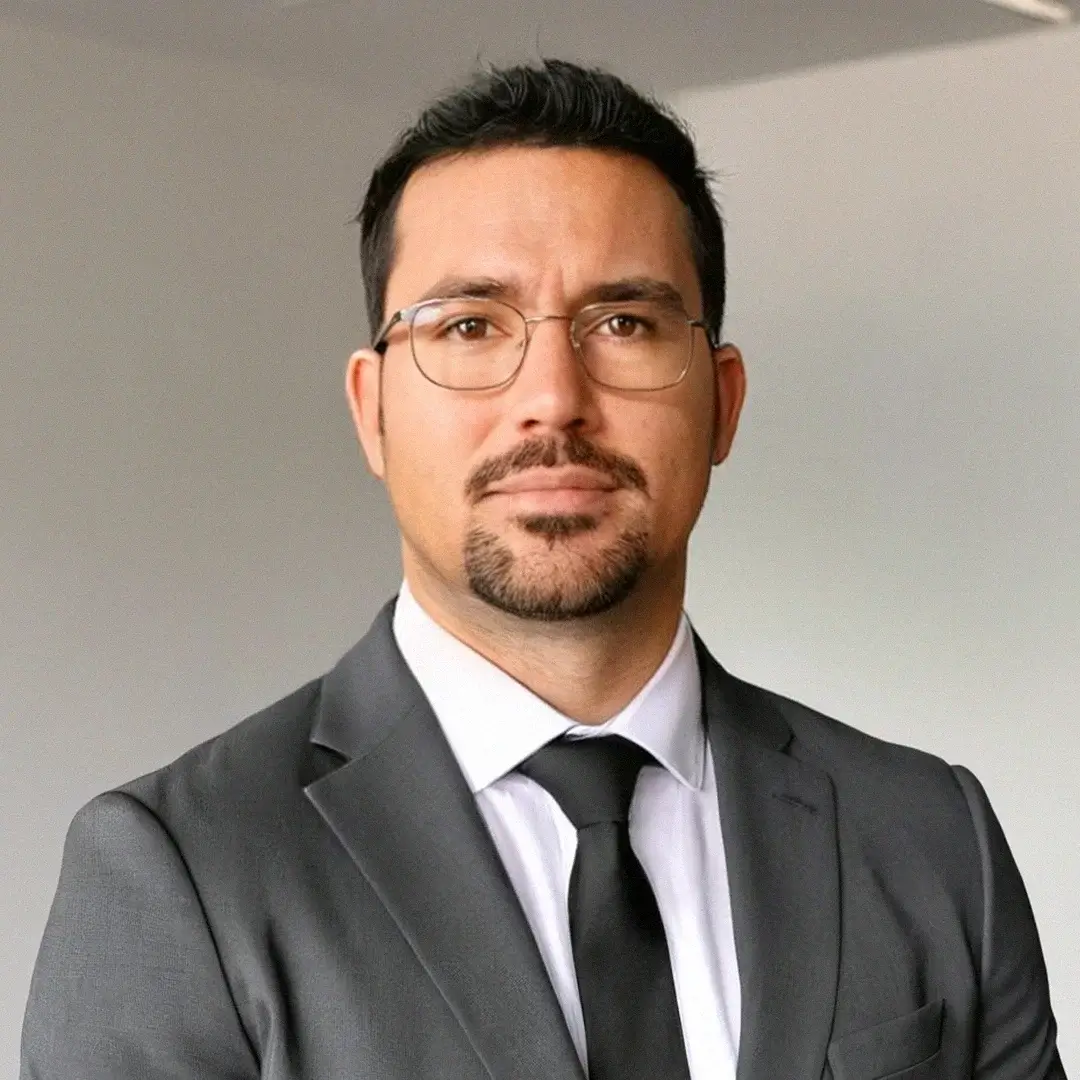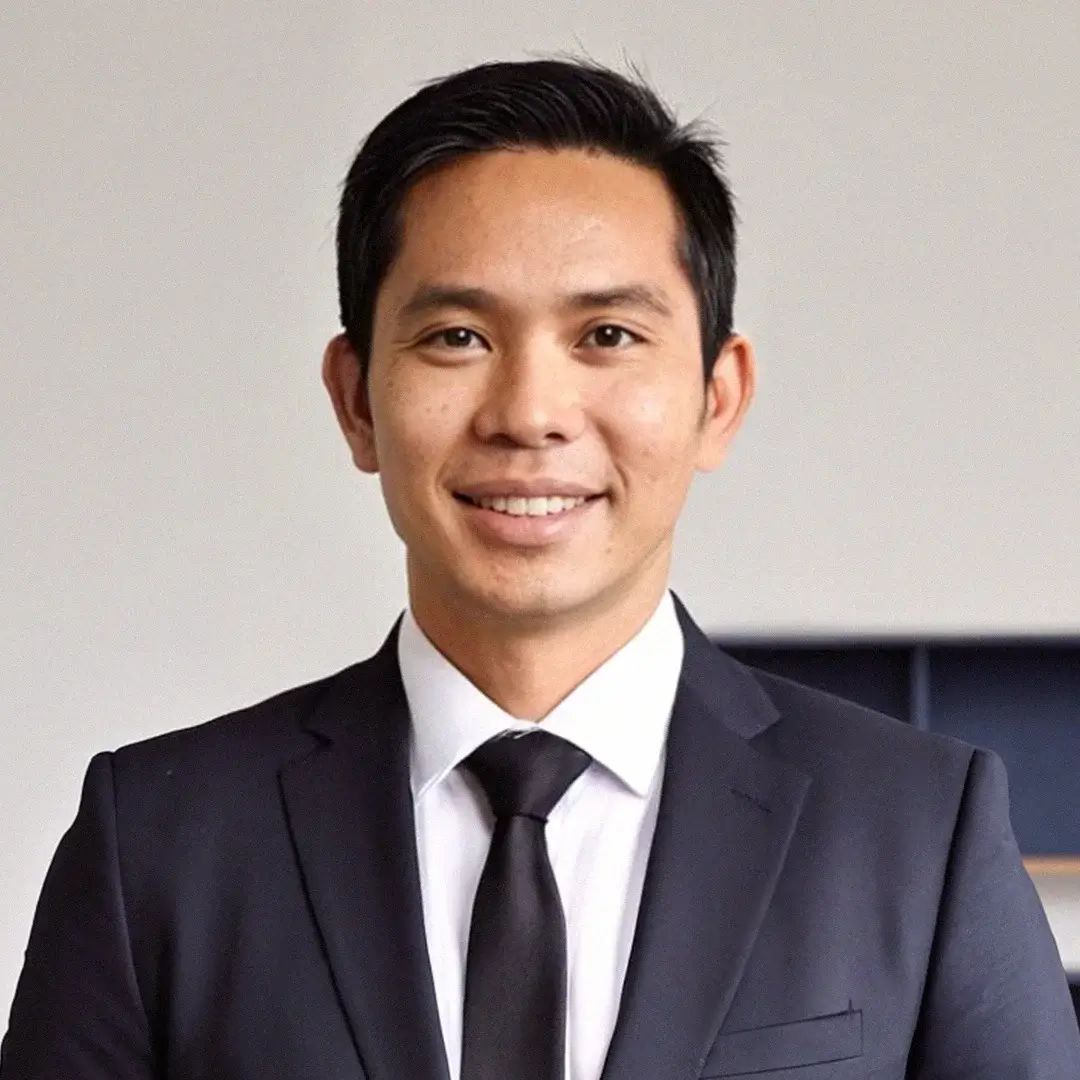Learn more about Doing Business in Surabaya
Surabaya, Indonesia’s second-largest city, serves as a pivotal economic center and a thriving hub of trade and commerce in the East Java region. Renowned for its bustling seaport and strategic location, Surabaya offers abundant opportunities for startups and entrepreneurs alike.
| Total Population 2.85 million people |
GDP Contribution 5% to Indonesia’s GDP |
Average GDP Growth 5.5% per year |
| Startup Ecosystem 500 startups |
Average Salary IDR 6.5 million/month |
Average Office Rent IDR 250,000/m²/month (CBD) |
Major Industries in Surabaya:
1. Manufacturing:Surabaya boasts a robust manufacturing sector, particularly in industries such as shipbuilding, electronics, and food processing. The city’s strategic location with a busy port facilitates efficient logistics and export capabilities, bolstering its manufacturing prowess in East Java.(Ministry of Industry of Indonesia).
2.Services:The services sector in Surabaya is diverse and expanding, encompassing finance, trade, logistics, and hospitality. The city serves as a regional hub for trade and commerce, supported by a network of banks, commercial centers, and transport infrastructure. (Bank Indonesia)
3.Maritime and Trade: Given its historical significance as a major port city, Surabaya continues to thrive as a center for maritime activities and trade. The port of Tanjung Perak is one of Indonesia’s busiest ports, facilitating extensive international trade and contributing significantly to the local economy.
4.Education and Health Services: Surabaya hosts several universities, hospitals, and healthcare facilities, making it a regional hub for education and medical services. These sectors not only support local residents but also attract students and patients from surrounding areas.
5.Tourism and Hospitality: Surabaya is increasingly attracting domestic and international tourists, supported by its cultural heritage sites, shopping centers, and vibrant culinary scene. The city’s hospitality industry continues to grow, catering to both leisure and business travelers.
Key Regulations to Consider
1. Intellectual Property
Protecting intellectual property (IP) in Indonesia is crucial. The Directorate General of Intellectual Property oversees IP rights, including trademarks, patents, and copyrights (DGIP Indonesia). Utilize our Trademark Registration services to secure your IP rights.
2. Labor Laws
Indonesian labor laws regulate employment contracts, working hours, and employee benefits. Compliance with the Labor Law is mandatory, including a maximum of 40 working hours per week and minimum wage requirements (Ministry of Manpower Indonesia).
ℹ️ Our Employment Contract can help ensure your compliance with Indonesian Labor Laws.
3. Environmental Regulations
Businesses must adhere to environmental protection laws, including waste management and pollution control, enforced by the Ministry of Environment and Forestry.
Company Registration Process
| ➤ Online Single Submission (OSS): Register through the OSS system for business licenses (OSS Indonesia. |
| ➤ Deed of Establishment: Prepare the deed and have it notarized. |
| ➤ Tax Registration Number (NPWP): Obtain a tax identification number from the local tax office. |
| ➤ Business Identification Number (NIB): Issued through the OSS system. |




